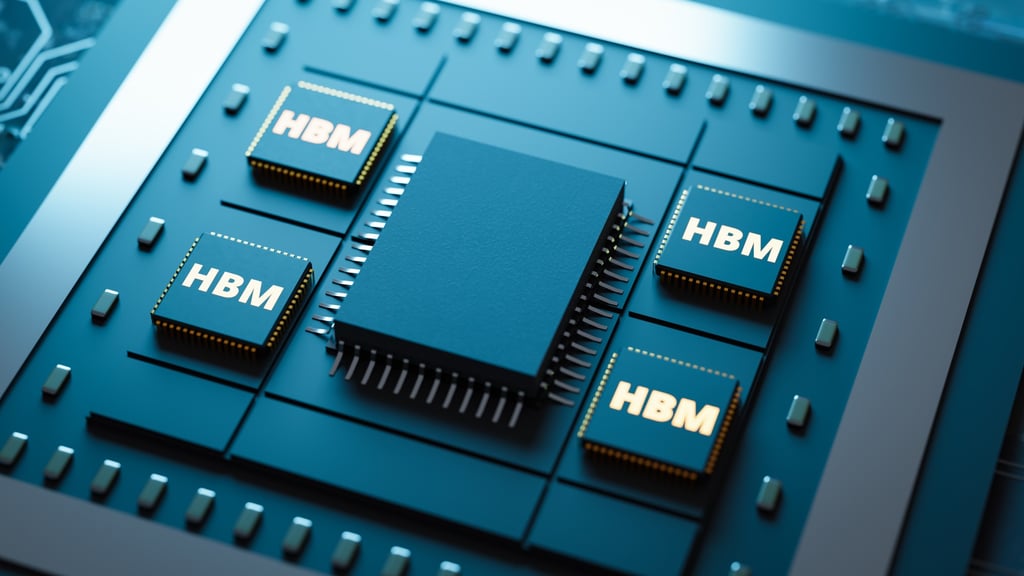Tech war: China’s chip imports surge as firms stockpile ahead of fresh US restrictions

In the first seven months of 2024, chip imports totalled 308.1 billion units, worth about US$212 billion, according to data published on Wednesday by the General Administration of Customs. That marked a 14.5 per cent year-on-year jump in volume and 11.5 per cent increase in dollar value.

That scramble for chips has resulted in mainland China accounting for 30 per cent of Samsung’s HBM revenue in the first half of this year, according to the Reuters report.
China’s total IC imports in 2023 was valued at US$349 billion, down 15.4 per cent from 2022.
Customs data also showed that mainland semiconductor exports from January to July reached 166.6 billion units, up 10.3 per cent from a year earlier. Total value during that period rose 22.5 per cent year on year to US$90 billion.

If Washington enacts new semiconductor restrictions, its rules are expected to cover memory chips categorised as HBM2 and more advanced iterations that include HBM3 and HBM3E, as well as the tools required to make these products, according to the Bloomberg report.
Source link



